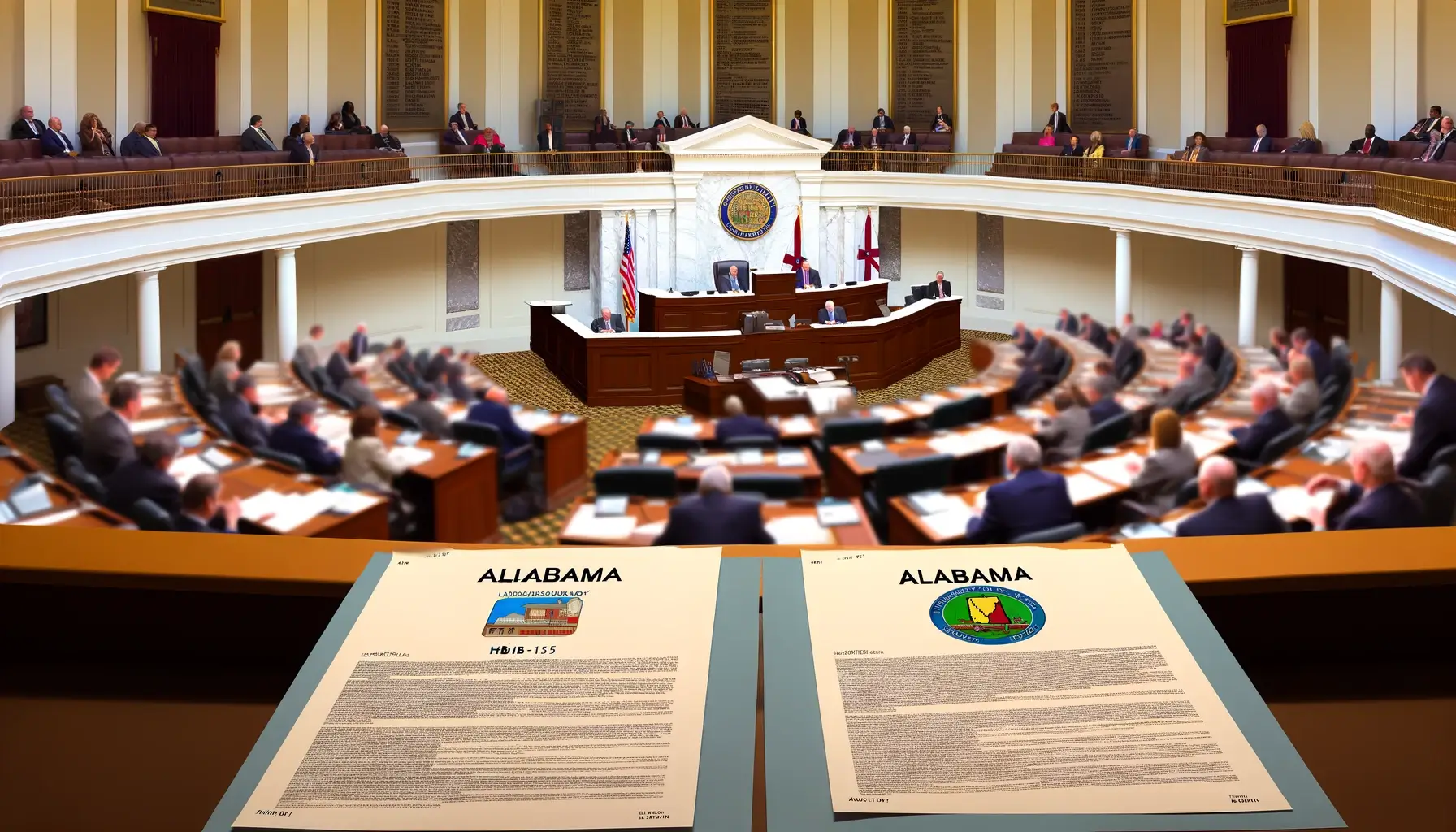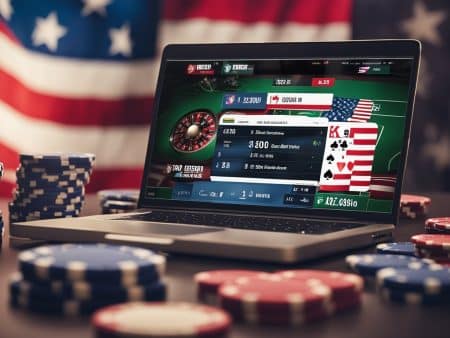The Alabama Senate has recently approved two significant pieces of legislation, HB151 and HB152, aimed at legalizing lottery and state-regulated gambling, while explicitly leaving out statewide sports betting from the equation. These developments mark a significant shift in the state’s stance on gambling, albeit in a more restricted format than initially proposed.
Originally, HB151 was set to authorize both retail and online sports betting alongside establishing a state lottery and permitting casinos in regions with bingo-style games. Concurrently, HB152 aimed to establish a state lottery and gaming commission to oversee gambling activities across Alabama. However, HB151 encountered hurdles in the Senate, leading to the removal of sports betting and casino provisions from the bill. The revised version of HB151 passed with a 22 to 11 vote, just surpassing the minimum threshold required for progression. HB152 also saw approval.
Under the current form of the bills, the legalization of a state lottery remains intact. Furthermore, these bills pave the way for the governor to engage in negotiations with the Poarch Band of Creek Indians (PBCI) for the regulation of gaming activities on tribal lands, where the PBCI currently operates three casinos.
Senator Greg Albritton has expressed support for the amendments, suggesting they will enable Alabama to assert greater control over its gambling industry.

The future of these bills now lies with the House of Representatives. Should they pass there, Alabama’s electorate will have the opportunity to cast their votes in September 2024, deciding on the legalization’s final approval. Failure to gain House approval for the amendments could see the bills directed to a conference committee to seek compromise.
Key Points of the Legislation on Sports Betting:
- The legislation proposes the legalization of pari-mutuel wagering, with taxes ranging from 24% to 32%.
- Pari-mutuel wagering would be permissible at four Alabama racetracks and an additional site in Greene County. Two existing bingo halls could also offer pari-mutuel wagering.
- The PBCI would be authorized to host casino-style games, sports wagering, and bingo on tribal lands.
Financial Implications for Alabama:
- The lottery’s legalization under HB152 could generate an annual net revenue of between $305.6 million to $379.4 million.
- The exclusion of casinos from the legislation is projected to result in a loss of approximately $315 million to $492.2 million in net gaming revenue (NGR) for the PBCI. The potential inclusion of sports betting would have added an estimated $15 million to $41.5 million in NGR.
- Despite the scaled-back approach, expanded gambling was previously projected to bring up to $1.2 billion to the state, with $300 million of that figure potentially coming from a compact with the PBCI.
As Alabama takes cautious steps towards legalizing certain forms of gambling, the legislative journey reflects the complexities and negotiations inherent in balancing economic benefits with regulatory control.











